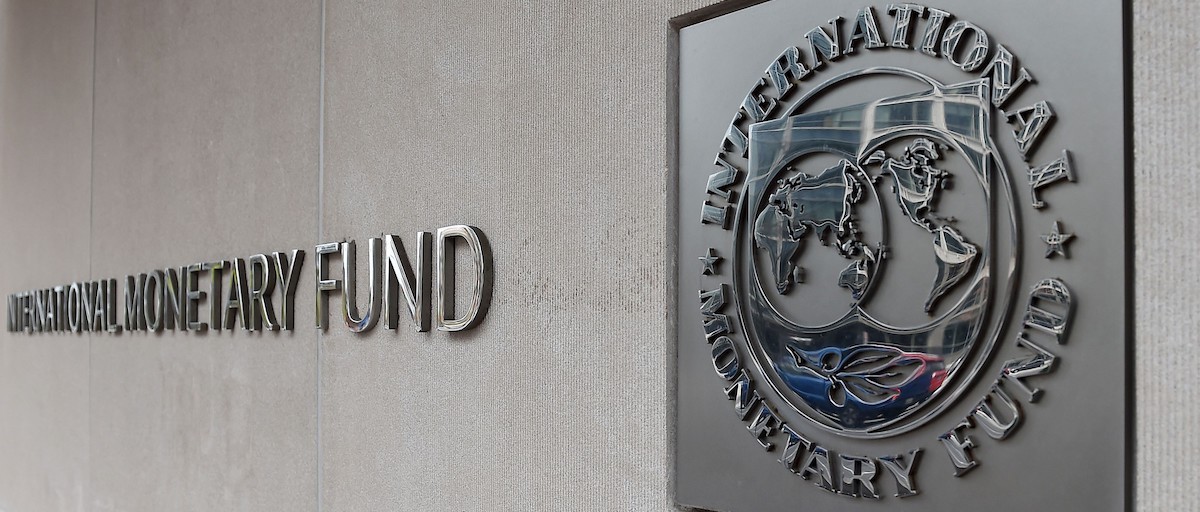IMF assists RBZ to implement international banking regulations
The International Monetary Fund (IMF) is working with the Reserve Bank of Zimbabwe (RBZ) on the implementation of Basel III framework.
Basel III is a set of international banking regulations developed by the Bank International Settlements (BIS) to improve the regulation, supervision, and risk management of the banking sector.
It was developed in response to the financial crisis of 2007–2008, and is intended to strengthen bank capital requirements by increasing minimum capital requirements, holdings of high quality liquid assets, and decreasing bank leverage.
Basel III was published by the Basel Committee on Banking Supervision in November 2010, and was scheduled to be introduced from 2013 until 2015. However, implementation was extended repeatedly to 1 January 2022 and then again until 1 January 2023, in the wake of the Covid-19 pandemic.
The main elements of Basel III are to increases the minimum common equity tier 1 ratio from 2 percent to 4.5 percent. It also introduces a tier 1 capital requirement of 6 percent, and a total capital requirement of 8 percent.
Basel III also requires banks to hold more liquid assets to withstand a liquidity crisis. This includes requiring banks to hold a liquidity coverage ratio (LCR) of 100 percent, which means that they must have enough high-quality liquid assets to cover their net cash outflows for 30 days.
In addition, Basel III introduces a leverage ratio, which is a non-risk-based measure of a bank’s capital adequacy. The leverage ratio is calculated as total assets divided by tier 1 capital. Basel III requires banks to have a leverage ratio of at least 3 percent.
As a follow up to the Financial Sector Stability Review (FSSR), a technical assistance mission from the Monetary and Capital Markets Department of the IMF conducted a virtual mission from May 8 to 19, 2023.
The purpose of the mission was to assist the RBZ on implementing the Basel II/III capital framework, considering Zimbabwe’s specific circumstances and applying proportionality.
The IMF reviewed Zimbabwe’s prudential capital framework, which includes laws and regulations, identified areas for updating capital and made recommendations for drafting amendments that align primarily with the Basel III framework, particularly focusing on standardized approaches.
“The mission worked with the RBZ supervisory team to enhance their capacity in preparing to draft updates for capital requirements based on the Basel III framework,” the IMF said in a statement.
“Zimbabwean banks calculate capital for credit risk using the Basel I regime, and for market and operational risk use Basel II standardised approaches.
“Since 2012, the RBZ has been conducting a parallel run of banks’ capital calculations based
on a modified Basel II approach for credit risk.
“During the mission, international standards, best practices and main challenges were discussed with RBZ management and relevant supervisors focusing on Basel III standardised approaches for credit, operational and market risks, capital definition, leverage ratio, large exposures and capital conservation buffer.”
The IMF recommended the draft a new version of capital definition in line with Basel III requirements, to advance capital requirements for credit, market and operational risk in line with Basel III standardised approaches, to update the requirements for leverage ratio, and to introduce the conservation buffer.
As the RBZ regulation on large exposures deviates from the Basel framework, the mission proposed to update this regulation and limits as a priority.
The IMF also focused on capacity building of the RBZ’s supervisory team. All activities taken during this mission were targeted to ensure that the RBZ Banking Supervision Division and supervisors were ready to start implementing the Basel III capital framework, said the IMF.
“The mission highlighted concrete steps that should be considered in drafting new regulations. The RBZ committed to
draft the regulations’ package which will be reviewed during the next Technical assistant mission,” said IMF.
ebusinessweekly










